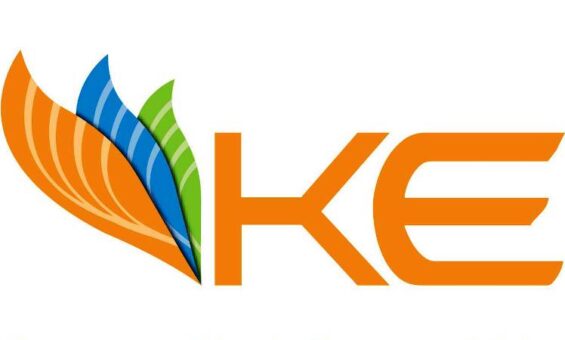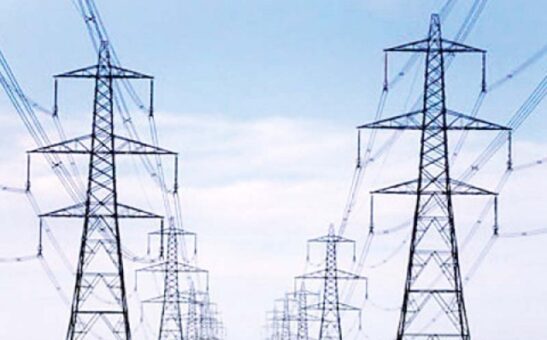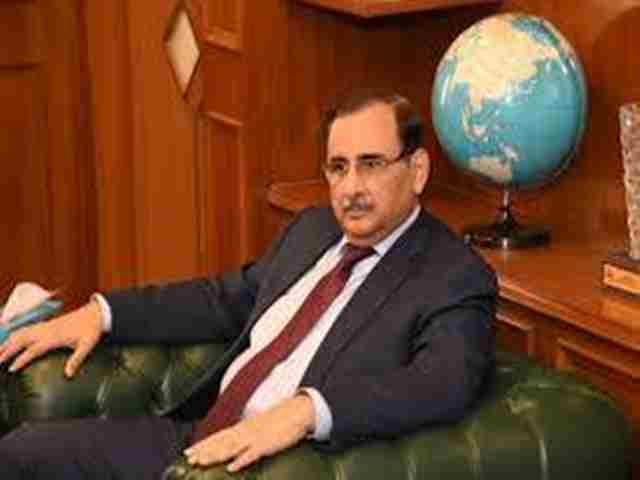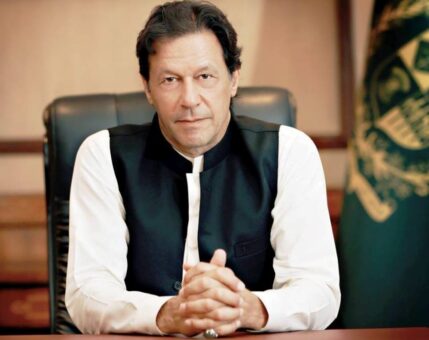KARACHI: K-Electric, the power distribution utility for Karachi, has started providing relief under package to waive Fuel Charge Adjustment (FCA), which was announced by Prime Minister Shehbaz Sharif.
According to a statement issued by the power utility on Tuesday, following PM’s Announcement of FCA’s relief package for the month of June, 1.8 million eligible electricity consumers across KE serviced territory in Karachi and adjoining regions are receiving benefit and being delivered adjusted bills for August at their doorsteps with extended due dates.
READ MORE: Date extension demanded for electricity bills payment
The announcement of June’s FCA relief has come in two parts, it was first announced for Non-ToU Residential Consumers having electricity consumption up to 200 units in June, and later it was extended to the same category of consumers with power consumption up to 300 units in June following the announcement by the Government of Pakistan.
While the revised bills for August are being delivered to the consumers on their premises, it is also important to note that all those eligible consumers who have already paid their non-revised August bills will receive adjusted bills for the month of September.
READ MORE: Power tariff hike termed disaster for industries
Commenting on the matter, Spokesperson K-Electric said, “We are taking every possible measure to pass on the benefit to the qualifying consumers in line with the announcement made by the Honorable Prime Minister.
Following the announcement of the relief package, our customer care centers operated for extended hours and remained open during the weekends for consumers’ convenience.
However, to further ease the procedure for their benefit, we are also delivering the bills to consumers’ doorsteps so that they do not have to visit our centers physically. KE Customers may also download their bills via KE WhatsApp Service, KE Live App and from the company’s website.”
While reiterating the eligibility criteria of the relief package, the Spokesperson further said, “June FCA’s relief applies only to Non-ToU residential consumers who have a power consumption equal to or less than 300 units.
READ MORE: Pakistan petroleum sales slump by 24% in 2MFY23
All the remaining electricity consumers, such as ToU residential consumers, Non-ToU residential consumers having power consumption exceeding 300 units, commercial, and industrial consumers do not qualify for the relief, and thus, are requested to timely pay their bills to avoid late payment surcharge.”
“Our customer care platforms, including our call center 118, 8119 SMS service, and social media channels are also available 24/7 to answer any query from our consumers in this regard,” the Spokesperson further added.
K-Electric (KE) is a public listed company incorporated in Pakistan in 1913 as KESC. Privatized in 2005 KE is the only vertically integrated utility in Pakistan supplying electricity within a 6500 km square territory including Karachi and its adjoining areas.
READ MORE: New petroleum prices in Pakistan from September 01, 2022
The majority shares (66.4 per cent) of the company are listed in the PSX owned by KES Power, a consortium of investors including Aljomaih Power Limited of Saudi Arabia, National Industries Group (Holding), Kuwait, and the Infrastructure and Growth Capital Fund (IGCF). The Government of Pakistan is also a minority shareholder (24.36 per cent) in the company.





